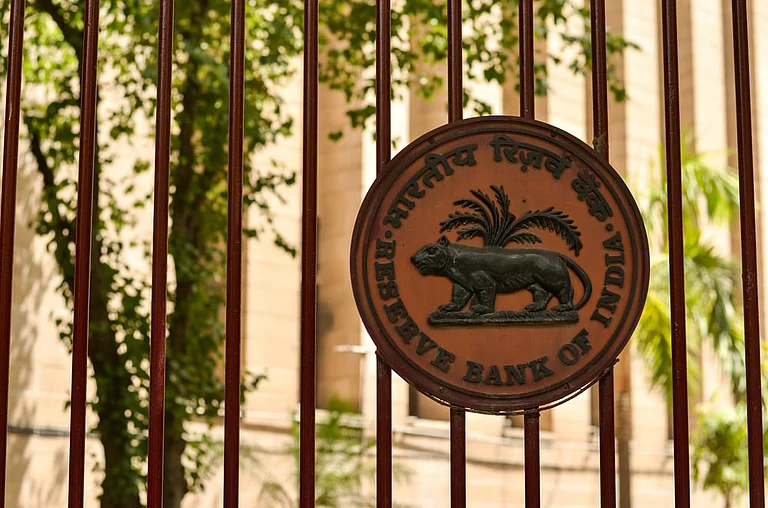The Reserve Bank of India (RBI) has imposed monetary penalties of Rs 2.72 crore on two banks—State Bank of India (SBI) and Jana Small Finance Bank for various compliance failures.
RBI Slaps Rs 2.72 Crore Penalty on SBI, Jana Bank For Rule Violations
SBI has been fined Rs 1.72 crore for non-compliance in customer protection and account rules, while Jana Small Finance Bank has been penalised with a fine of Rs 1 crore for regulatory breaches
The central bank clarified that these penalties are not meant to question the validity of any banking transactions, but are strictly related to regulatory shortcomings.
Rs 1.72 Crore Penalty on SBI
SBI, India’s largest public sector bank, has been fined Rs 1.72 crore for violations across three key areas:
• Loans and Advances – Statutory and Other Restrictions
• Customer Protection – Limiting Liability in Unauthorised Electronic Transactions
• Current Account Guidelines – Ensuring Operational Discipline
These breaches were discovered during a supervisory assessment of the bank’s operations based on its financial position as on March 31, 2023.
According to RBI, SBI lacked compliance of rules on limiting customer liability in cases of unauthorised digital banking transactions. It also violated norms relating to the opening and management of current accounts, as well as guidelines on handling loans and advances.
Jana Small Finance Bank Fined Rs 1 Crore
In a separate action, RBI imposed a penalty of Rs 1 crore on Jana Small Finance Bank. The fine was levied for violating provisions of the Banking Regulation Act, 1949.
Though specific details were not disclosed in the RBI’s statement, the bank was found to be in breach of operational standards that apply to small finance banks under Indian banking laws.
RBI’s Clarification on Customer Impact
RBI has said that the penalties are related only to process and regulatory related violations. The penalties do not affect directly or indirectly any banking contracts or agreements between the bank and its customer.
This distinction is important to avoid panic among customers, especially in the wake of rising concerns about digital frauds and banking accountability.
Strong Message on Compliance
The recent penalties indicate that the RBI is closely monitoring how banks follow rules, especially in matters involving digital security and customer protection.
As digital banking is becoming more widespread, the central bank is stressing on the need for more rigid internal checks and a robust complaint redressal system across financial institutions.
What This Means for Customers
For customers, this move highlights the growing importance of data security, transparency, and timely dispute resolution in banking services. It also encourages people to know their rights and report unauthorised transactions without delay.



